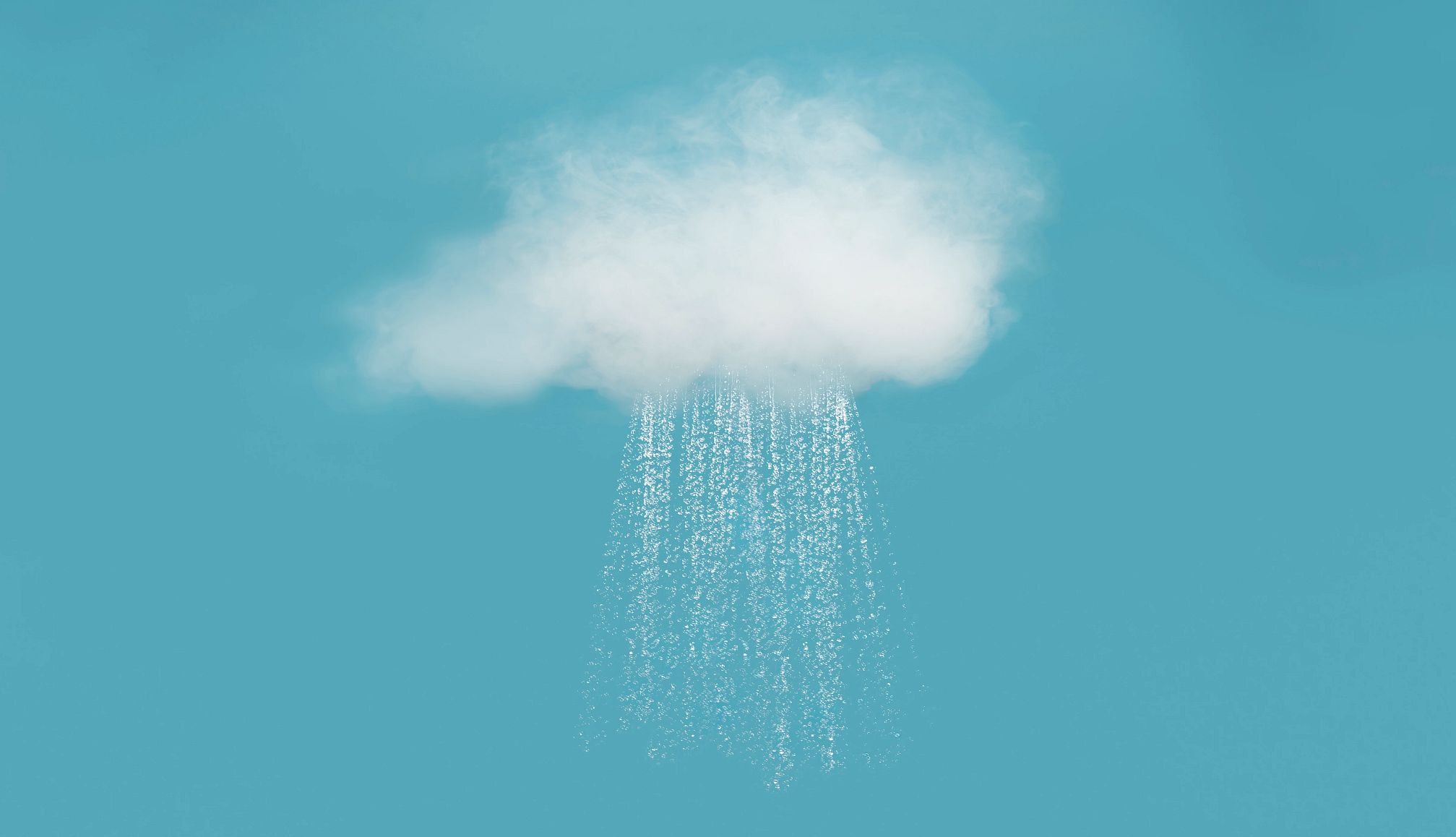AARP Hearing Center


This summer is expected to be a scorcher in the U.S., with temperatures spiking above average across much of the country. Older adults face higher health risks from heat, but many may not be aware of the added punch that humidity can have on their well-being.
“Heat and humidity often go hand in hand,” Deborah Carr, director of the Center of Innovation in Social Science at Boston University, who has studied heat’s impact on health, told AARP. And, she says, “humidity does have specific impacts on our body.”
Here’s a look at how hot and humid days can affect the health of older adults — and what you can do to lower your risks when the temperatures soar and the humidity levels start to climb.
The science of sweat and aging
In the heat, your body stays cool using two mechanisms, says Daniel J. Vecellio, an assistant professor at the University of Nebraska at Omaha who studies the impacts of heat and humidity on human health. You pump more blood to protect your internal organs, causing the heat to move toward the surface of your skin. You also sweat, so long as you have enough water and working glands to release the sweat.
Is it just me, or is it getting more humid?
Scientists aren’t sure if it’s getting more humid globally — reports tend to differ, Vecellio says — though they know average temperatures are climbing.
Researchers have coined the term “moist heat stress” to define the combination of humidity and extreme heat. According to the authors of a report in Environmental Health Perspectives, increasing temperatures and humidity have created a compound risk for humans.
When it’s dry, the evaporation of that sweat helps to keep you cool. But when it’s hot and humid, the sweat you produce to cool your body down doesn’t evaporate easily since there’s already so much moisture in the air. This creates a barrier and you don’t feel the cooling effect of sweating, Vecellio says.
“Just because you produce the sweat doesn’t mean you get any cooling occurring,” Vecellio says. “It’s the evaporation of sweat off our bodies that allows us to physiologically cool ourselves down.”
Here’s what makes humidity so hard for older individuals: As you age, you don’t sweat as much, plus you have fewer active sweat glands. In fact, thermoregulatory sweating can decline by up to 25 percent in those over age 60, a 2023 study in Environmental Health Perspectives reports. (Some people can also sweat too much, which causes other complications, as noted below.)
The temperature at which we start to lose the ability to regulate our body temperature, paving the way for heat-related complications, is lower than previously thought, Vecellio found in his 2022 study. Instead of the threshold being 95 degrees at 100 percent humidity or 115 degrees at 50 percent humidity, researchers found it was 87 degrees at 100 percent humidity and nearly 104 degrees at 50 percent humidity. This was in young, healthy people. Knowing this could help people take better care of themselves in high heat, his team wrote.
Though many population-level studies help us examine weather trends, they don’t tell us how an individual will do in heat and humidity because everyone is different.
“Like all things in health research, extrapolating to ideal recommendations for specific people is much trickier and often should be done in a conversation with a trusted physician,” Sam Silva, an assistant professor of earth sciences, civil and environmental engineering, and population and public health sciences at the University of Southern California, Dornsife, told AARP.






































































More From AARP
Medications and Heat: What to Know
Common drugs can make hot days more dangerous
7 Tips to Choose a Safer Sunscreen This Summer
Choose sun protection that’s good for you and the planet
25 Great Ways to Beat the Heat
When it’s sweltering, these tips will help you keep cool